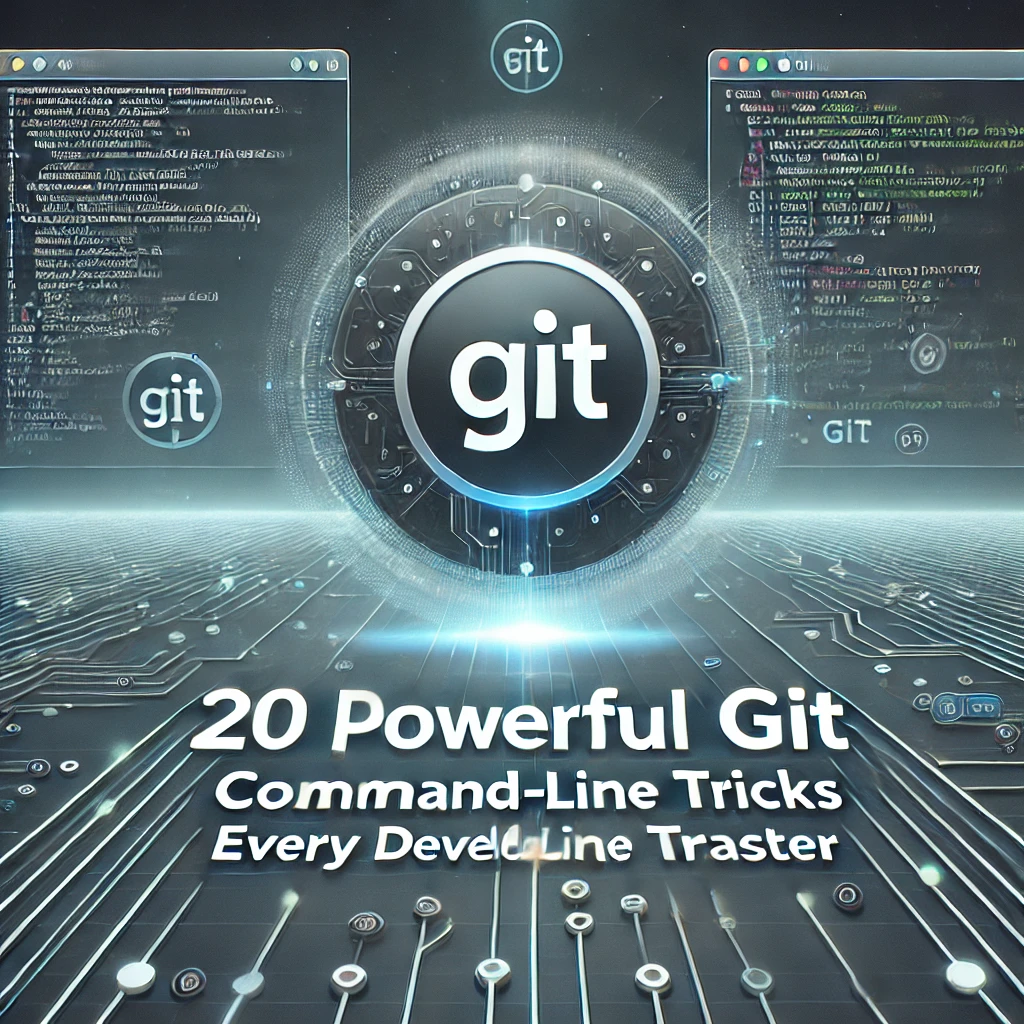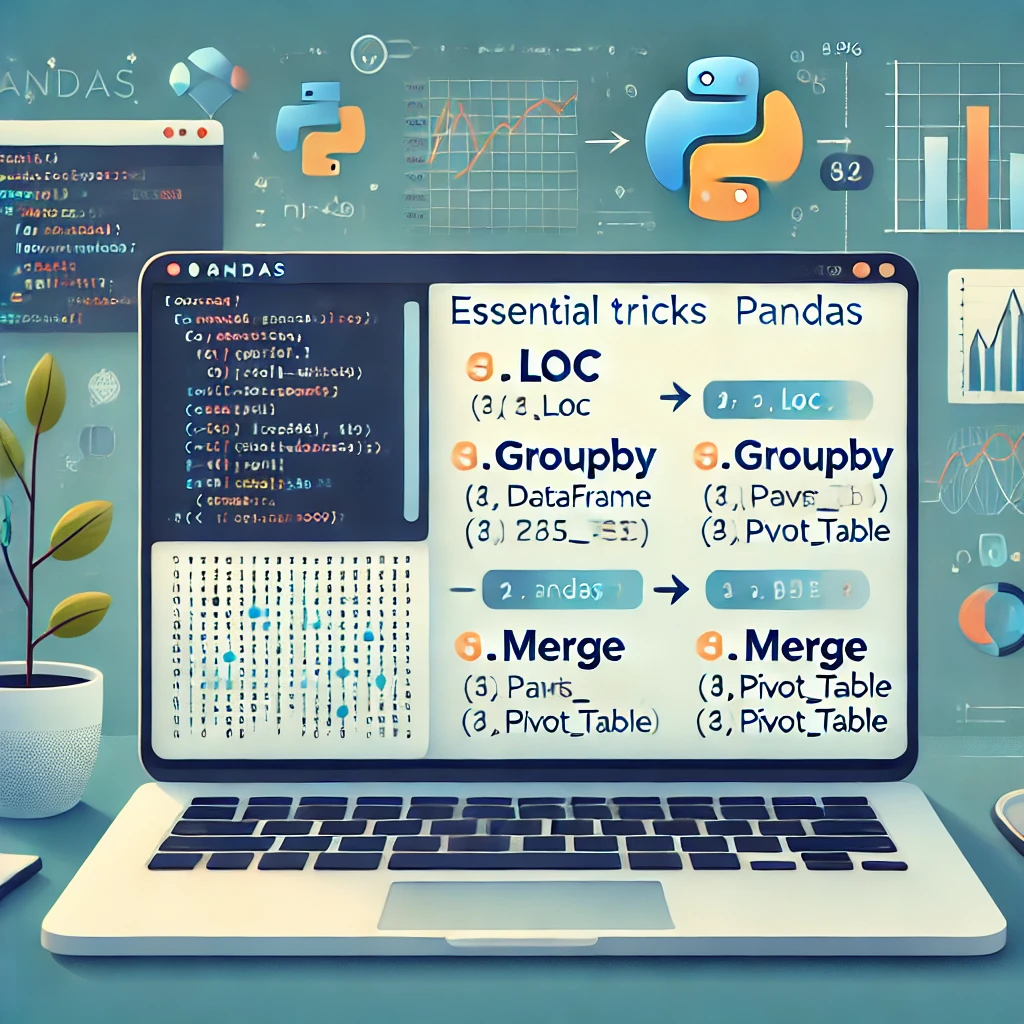Contributing to open-source projects is an exciting journey that not only builds your coding skills but also connects you with a community of like-minded developers. Hurray! You’re about to unlock a rewarding path to learn, grow, and make an impact. Let’s dive into a comprehensive guide on How to Contribute to Open Source.
Table of Contents
- What is Open Source?
- Why Contributing to Open Source Matters
- Finding the Right Open Source Project
- How to Make Your First Contribution
- Best Practices for Open Source Contributions
- Challenges and How to Overcome Them
- Resources to Kickstart Your Journey
1. What is Open Source?

What is Open Source?
Open source refers to software with a source code that anyone can inspect, modify, and enhance. Some popular examples include Linux, Python, Mozilla Firefox, and WordPress. Contributing to open-source projects means collaborating to improve these projects by adding new features, fixing bugs, improving documentation, and more.
2. Why Contributing to Open Source Matters
Contributing to open source offers immense benefits:
- Build Real-World Experience: You get hands-on experience solving real-world problems.
- Expand Your Network: Open-source communities are a fantastic way to meet developers worldwide.
- Boost Your Resume: Showing that you can contribute to open source demonstrates initiative, teamwork, and expertise.
3. Finding the Right Open Source Project
Subheading with Focus Keyword: Finding a Project to Contribute to Open Source
Choosing the right project can be a game-changer. Here’s a checklist to help you find a project:
- Interest and Passion: Contribute to something you’re passionate about.
- Technology Stack: Check if the project uses a language or framework you’re familiar with.
- Community and Documentation: A strong, supportive community and clear documentation will make your journey smoother.
Here are some platforms to explore open-source projects:
- GitHub: The largest repository for open-source projects.
- GitLab: Another excellent place to discover repositories.
- Open Source Guides by GitHub: A great resource to learn more about the process.
4. How to Make Your First Contribution

How to Make Your First Contribution
Taking the plunge might seem daunting initially, but here’s a step-by-step approach to guide you through:
- Fork the Repository: Copy the repository to your account.
- Clone the Repository: Download it locally for modifications.
- Choose an Issue: Look for issues labeled “good first issue” or “beginner-friendly.”
- Create a Branch: Always make changes in a new branch, following the repository guidelines.
- Make Your Changes: Focus on small, incremental changes.
- Commit and Push Changes: Write meaningful commit messages.
- Submit a Pull Request (PR): Mention what you’ve changed and why.
5. Best Practices for Open Source Contributions
Contributing to open source isn’t just about writing code. Here are some best practices:
- Follow Project Guidelines: Each project has its own rules and style guides. Adhering to them is crucial.
- Document Your Code: Quality documentation is as important as code.
- Communicate with the Community: Don’t hesitate to ask for help or feedback.
6. Challenges and How to Overcome Them
Every contributor faces obstacles, especially when starting. Here are some common challenges and how to tackle them:
- Imposter Syndrome: It’s normal to feel like you’re not good enough. Remember, every contributor was once a beginner.
- Understanding the Codebase: Large projects can be overwhelming. Start by exploring documentation and smaller issues.
- Handling Feedback: Constructive criticism is part of the open-source culture. Use it as a learning opportunity.
7. Resources to Kickstart Your Journey

Resources to Kickstart Your Journey
If you’re ready to contribute to open source, these resources will help you get started:
- First Contributions Guide: A beginner-friendly guide to making your first contribution.
- GitHub Explore: Discover trending repositories and projects.
- Open Source Friday: A movement to encourage developers to contribute to open source.
Conclusion
Contributing to open source can be a life-changing experience. It’s an excellent way to improve your coding skills, expand your professional network, and make a difference. Remember, start small, be patient, and always keep learning. Follow this guide, and soon you’ll be making meaningful contributions to open source!
